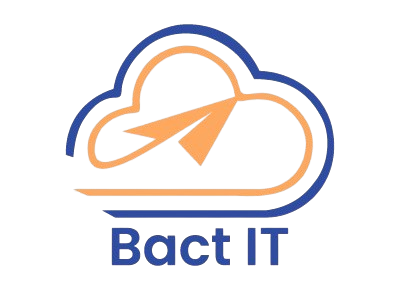Docker Essentials Course

We are committed to equipping individuals and organizations with the tools and expertise they need to thrive in a rapidly changing digital world.
Request A Quote !
Docker Essentials Course Outline
Duration: 24–30 Hours
Level: Beginner to Intermediate
Delivery Mode: Online / Offline
Target Audience: Developers, DevOps Engineers, System Admins, Cloud Engineers
Module 1: Introduction to Containerization
- What is Containerization?
- Benefits of Using Containers
- Virtual Machines vs Containers
- The Role of Docker in DevOps
- Real-World Use Cases of Docker
Module 2: Getting Started with Docker
- Installing Docker on Windows, macOS, and Linux
- Docker Architecture Overview
- Docker Engine and CLI Basics
- Docker Desktop and Docker Hub
Module 3: Working with Docker Images and Containers
- Pulling and Running Containers
- Creating and Managing Docker Images
- Dockerfile Basics and Custom Image Creation
- Tagging, Pushing, and Pulling Images
- Container Lifecycle: Start, Stop, Restart, Remove
Module 4: Docker Volumes and Networks
- Managing Persistent Data with Volumes
- Mounting Host Directories
- Networking Basics in Docker
- Bridge, Host, and Overlay Networks
- Container Communication and Linking
Module 5: Docker Compose
- Introduction to Docker Compose
- Defining Services in docker-compose.yml
- Multi-Container Applications
- Managing and Scaling Services
- Environment Variables and Configuration
Module 6: Docker Registry and Image Management
- Docker Hub and Private Registries
- Creating and Using a Local Registry
- Image Tagging, Versioning, and Cleanup
- Docker Content Trust and Image Security
Module 7: Docker Security Essentials
- Best Practices for Secure Docker Use
- User Permissions and Capabilities
- Managing Secrets and Environment Variables
- Scanning Images for Vulnerabilities
Module 8: Monitoring and Logging
- Logging with Docker
- Monitoring Containers with Docker Stats
- Integration with Third-Party Tools: ELK, Prometheus, Grafana
- Health Checks and Status Management
Module 9: Introduction to Orchestration (Optional)
- What is Container Orchestration?
- Brief Overview of Kubernetes and Docker Swarm
- When to Use Docker Alone vs with Orchestration Tools
Module 10: Hands-On Project and Case Studies
- Build and Run a Multi-Tier App
- Use Docker Compose for Local Dev
- Push Images to Docker Hub
- Implement Logging and Monitoring
